- Enquiry For Sales: +91 7428094567
Enquiry For Jobs : +91 9116139991 - Request for quote
Blog
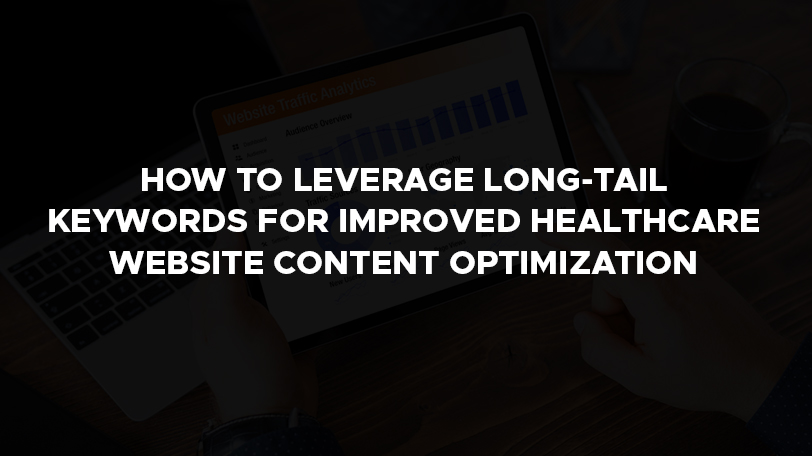
It’s been a while since we have been hearing the phrase – Content is the King! Well, in this digital world when everyone has the world at their fingertips, it actually stands true. Along with the IT and retail sector, the healthcare industry is also tapping into the digital space, and with content, its growth potential has become massive.
Content has the power to build and break brands, especially healthcare businesses as they deal with customers. As 68% of online experiences begin with a search engine, social proof is highly important. The right content strategy can empower healthcare brands to provide credibility among the audience and make a mark in their minds.
Since 53.3% of all website traffic comes from organic search, the content cannot prove to be useful unless it is found by the audience, and that’s where the SEO and keywords come into play.
Did you know that SEO drives 1,000%+ more traffic than organic social media? Well, even if you don’t the SEO Maestros sure do. This is why they have been focusing on the standalone broad keywords for a long time but now is the time to focus on the long tail keywords.
Using the long tail keyword strategy the correct way can play a crucial role in improving the content optimization of healthcare websites. They are specific, targeted keywords that attract a more focused group of searchers.
By leveraging long-tail keywords for healthcare websites can attract the right audience, increase search engine visibility, and drive more relevant traffic to their site.
This blog will provide practical tips and strategies on how healthcare websites can effectively use long-tail keywords for healthcare to improve their content optimization practices and reach their target audience.
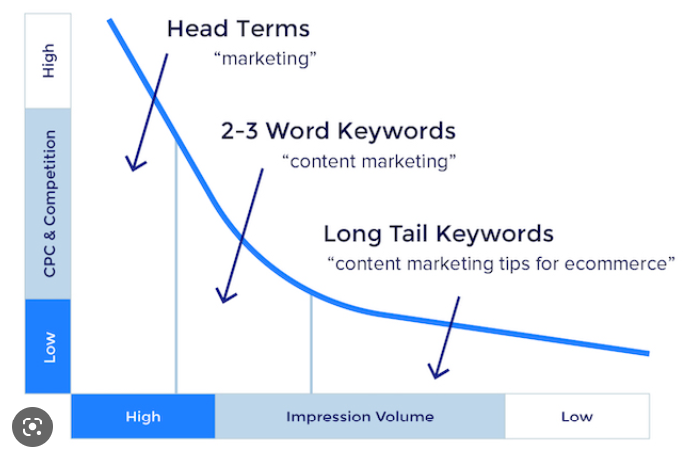
Long-tail keywords are specific, targeted phrases or terms that people enter into search engines when looking for specific information. These keywords are usually composed of three or more words and are more specific than broad, commonly used keywords. They are called “long-tail” because they represent a longer and more specific search query.
There are several benefits of long tail keywords overbroad, commonly used keywords. Firstly, they attract a more focused group of searchers who are looking for a specific answer to their question. Secondly, they tend to have lower competition, meaning that it is easier to rank for these keywords, especially for small or niche websites. Lastly, they drive more relevant traffic to your website, as the searcher is already interested in a specific topic.
In the context of healthcare, long-tail keywords research can be highly beneficial for websites looking to attract and engage with a specific target audience. For example, a website specializing in diabetes treatment can use long-tail keywords such as “diabetes treatment options for type 2 diabetes” to attract visitors who are specifically looking for information on that topic.
By leveraging long-tail keywords, healthcare websites can improve their content optimization, reach their target audience, and drive more relevant traffic to their site. It is an important part of a comprehensive search engine optimization strategy for healthcare websites.
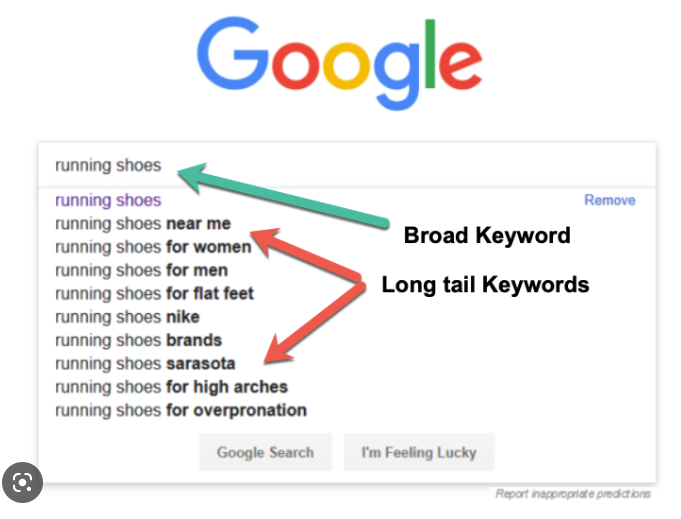
60% of marketers say that inbound content is their highest quality source of leads. Thus, content strategists can leverage the benefit and rank their websites high. Let’s discuss some ways of using long tail keywords that can rank the healthcare website organically.
Understanding the target audience is a crucial aspect of content optimization. Long-tail keywords provide valuable information about the language and phrases that your target audience is using to search for information online. This information can be used to create content that is relevant to the target audience’s needs and interests, making it more likely that they will engage with the content and ultimately convert it into patients.
By incorporating long-tail keywords into your website content, you can improve the relevance of the content to the target audience. This not only enhances the user experience but also signals to search engines that the content is relevant to specific search queries, which can improve search engine rankings.
By using long-tail keywords in your content, you can increase the visibility of your healthcare website and attract more organic traffic. Long-tail keywords are often less competitive than short-tail keywords, making it easier for healthcare websites to rank for these phrases. This increased visibility and organic traffic can lead to more conversions and a higher return on investment.
People generally type in complete sentences on google while searching. Unless they are not very SEO friendly, they tend to type in the search phrases rather than keywords.
By using long-tail keywords for healthcare to create targeted, relevant content, you can improve the user experience on your website. This can lead to increased engagement, reduced bounce rates, and improved conversion rates.
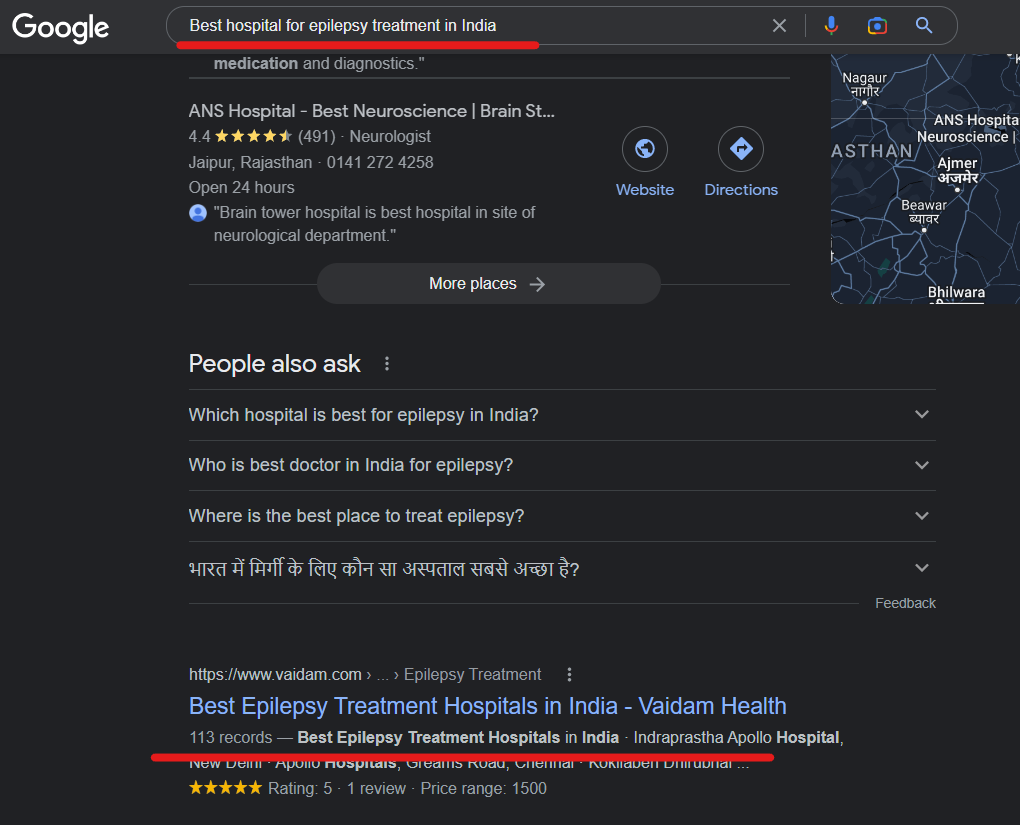
Healthcare providers often serve a specific geographic area, and incorporating long-tail keywords that include the name of the city, state, or region can improve local search visibility. This can help healthcare providers attract patients who are actively searching for healthcare services in their area. For example, a user searching for “best neurosurgeon for epilepsy in Delhi” is more likely to find and engage with a website that uses the long-tail keyword “best neurosurgeon for epilepsy in Delhi” in its content.
Long-tail keywords are phrases consisting of three or more words that are highly specific and targeted. These keywords are essential for businesses looking to reach a specific audience and drive targeted traffic to their website.
Here are some steps on how to use long tail keywords and how to find them
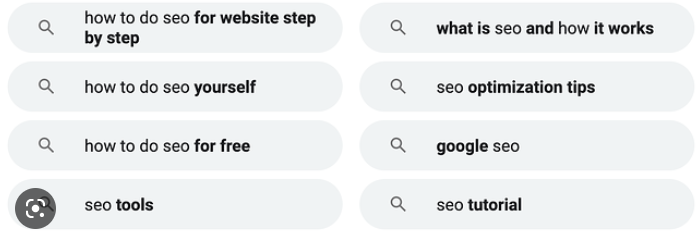
Google can help in various ways and even in finding the long tail keywords for your website content optimization. You can use Google’s predictive searches to find the long tail keywords that can be useful for your website. Just add broad keywords for healthcare and Google will do the rest.
Start by identifying the main topics and subtopics relevant to your healthcare niche. These topics will form the basis of your keyword research.
Use keyword research tools such as Google Keyword Planner, SEMrush, and Ahrefs to identify relevant keywords and phrases related to your topics. Pay close attention to long tail keywords as these are often more specific and targeted.
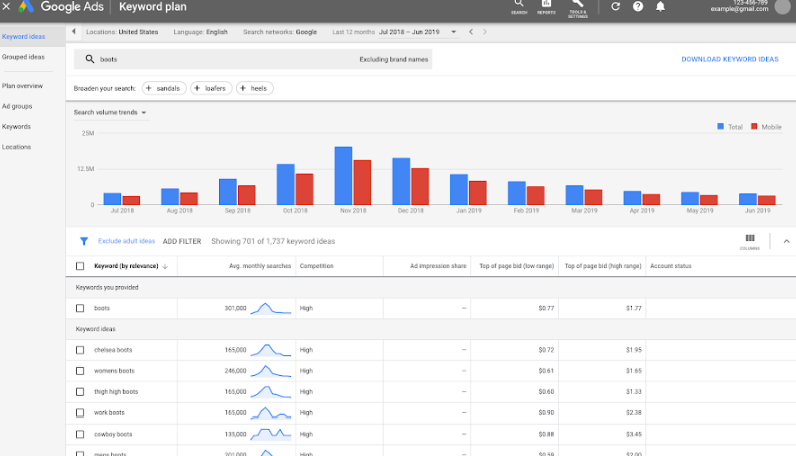
Determine the intent behind the keywords you have identified. This will help you understand what information people are searching for and tailor your content to meet their needs.
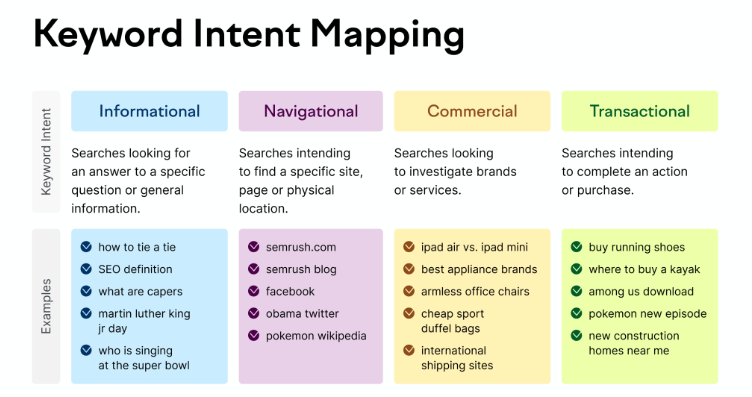
Reinvent Digital understands that a digital marketing campaign for hospitals can assist boost patient traffic and raise awareness of your services. Additionally, the content rich in keywords for healthcare can help hospitals in getting accurate information regarding medical services, practitioners, and infrastructure.
As a top digital marketing agency in Delhi for hospitals, Reinvent Digital works with facilities of all sizes and develops campaigns that are tailored to meet the requirements of each facility.
Get in touch with the SEO czars and boost your online presence.
If you’re a healthcare brand looking to expand your horizons with solid on-page SEO, Reinvent Digital welcomes you with open arms. We are the maestros of healthcare SEO and have helped many brands with three digital marketing agencies in India in cities Delhi, Jaipur and Gurgaon. Click on our Case Study section to learn more about our successes with – clients.